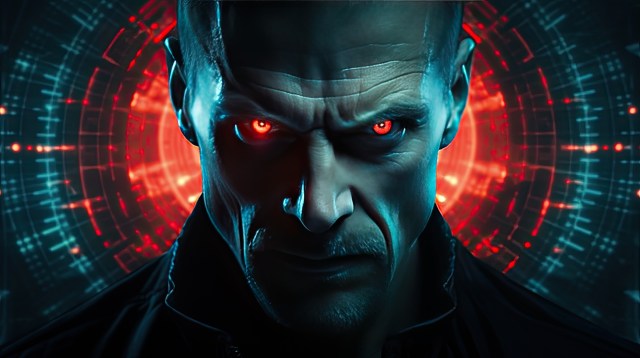
Action thrillers have long captivated audiences with their adrenaline-pumping plots and intense action sequences. One key aspect that makes these movies memorable is the presence of iconic villains. From their sinister motives to their menacing personas, these villains play a crucial role in driving the narrative forward. In this article, we will delve into the psychology behind iconic villains in action thrillers, exploring what makes them so compelling and unforgettable.
The Power of Motivation
One of the defining characteristics of iconic villains in action thrillers is their strong motivation. These individuals are driven by a deep-rooted desire to achieve their goals, often at any cost. Whether it’s seeking revenge or gaining power, their motivations are often rooted in personal struggles or traumatic experiences.
Take, for example, the character of Hannibal Lecter from “The Silence of the Lambs.” Driven by his insatiable hunger for human flesh, Lecter’s motivation stems from a disturbed psyche rooted in childhood trauma. This complex motivation adds depth to his character and keeps audiences on edge throughout the film.
The Allure of Intelligence and Charisma
Iconic villains in action thrillers often possess a unique blend of intelligence and charisma that sets them apart from conventional antagonists. Their ability to manipulate others and devise intricate plans adds an extra layer of intrigue to their characters.
Consider the Joker from Christopher Nolan’s “The Dark Knight.” Played masterfully by Heath Ledger, this villain’s twisted sense of humor coupled with his cunning intellect makes him a formidable opponent for Batman. The Joker’s ability to outsmart his adversaries while maintaining an air of unpredictability is what makes him truly captivating.
The Complexity within Darkness
Another aspect that defines iconic villains is their inherent complexity. While they may be evil at their core, there are often shades of gray within their characters that make them more relatable and intriguing. This complexity allows audiences to question their own moral compasses and explore the darker aspects of human nature.
A prime example of a complex villain is Tyler Durden from “Fight Club.” Played by Brad Pitt, Durden challenges societal norms with his anarchist ideology. Despite his destructive actions, there is an undeniable charisma and charm that draws audiences in. This duality between darkness and allure is what makes Durden such a compelling character.
The Impact on the Protagonist
Iconic villains in action thrillers not only create tension but also serve as catalysts for the growth and development of the protagonist. Their actions force the hero to confront their fears, test their limits, and ultimately rise above the challenges they face.
In the movie “Die Hard,” Hans Gruber serves as an iconic villain who pushes John McClane to his limits. Gruber’s calculated moves and relentless pursuit force McClane to tap into his resourcefulness and resilience in order to save innocent lives. The clash between hero and villain creates a dynamic storyline that keeps viewers engaged from start to finish.
In conclusion, iconic villains in action thrillers are more than just one-dimensional adversaries. Their motivations, intelligence, complexity, and impact on the protagonist make them memorable characters that leave a lasting impression on audiences. By understanding the psychology behind these villains, we gain insight into why they continue to captivate us time after time in our favorite action thrillers.
This text was generated using a large language model, and select text has been reviewed and moderated for purposes such as readability.






